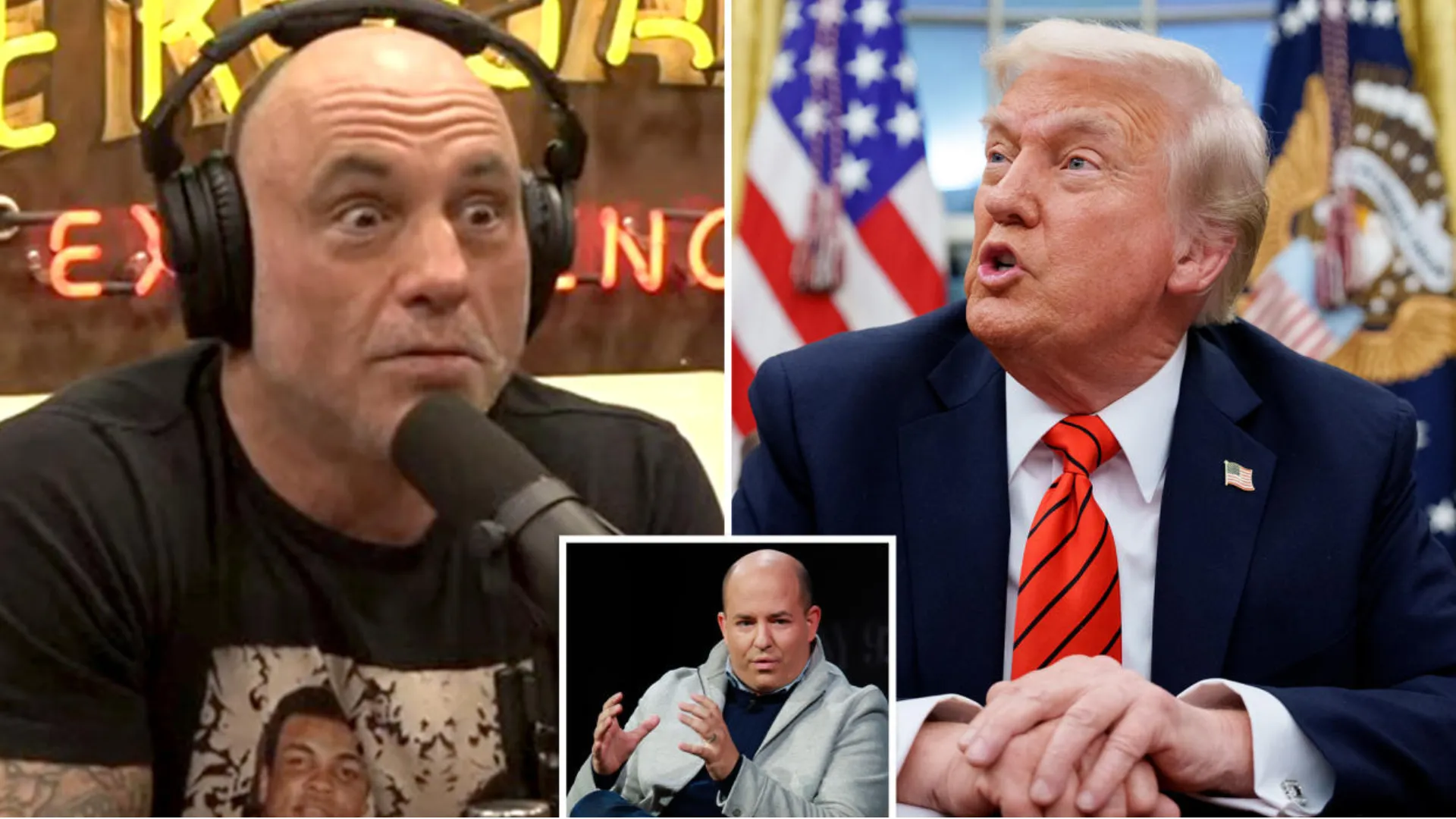
Voters across the U.S. turned to the polls this year, hoping for economic relief as inflation and rising costs of essentials like groceries and clothing strained their budgets. Donald Trump’s return to the White House, along with Republican control of Congress, promised to address these concerns.
Yet, one of the first targets of scrutiny from the incoming administration is the Consumer Financial Protection Bureau (CFPB)—an agency that has returned billions of dollars to Americans scammed by financial institutions.
On November 27, Elon Musk, tasked by President-elect Trump to co-lead a new Department of Government Efficiency with Vivek Ramaswamy, posted on his platform X that he wants to “Delete CFPB.”

Musk claimed the agency was part of Washington’s problem of “too many duplicative regulatory agencies.” However, no other agency matches the CFPB’s track record of returning money directly to consumers’ bank accounts.
Since its inception, the CFPB has recovered over $19 billion for individuals harmed by predatory lenders, fraudulent banks, and other financial wrongdoers. During Trump’s first term, the CFPB secured major actions against Wells Fargo and Equifax, recovering $425 million for consumers.
These actions began under the Obama administration but were executed by Trump-appointed CFPB directors. The agency’s victims’ relief fund has provided financial restitution to over 200 million eligible Americans and even canceled debts or reduced loan principals in many cases.

Most recently, just days after Musk’s post, the CFPB announced refunds to more than 4 million people scammed by credit repair companies like Lexington Law and CreditRepair.com.
These companies illegally charged consumers fees for services, ultimately leading to $2.7 billion in penalties, with $1.8 billion going directly to victims.
The CFPB enjoys broad bipartisan support, with more than 80% of Americans endorsing its enforcement actions. Its impact spans the nation, helping individuals like retired Lt. Col. Susan Parisi, who was misled into a high-interest loan by GreenSky, a company later ordered to pay $9 million in restitution.

The agency’s effectiveness lies in holding financial wrongdoers accountable, often against the interests of powerful figures. Musk’s criticism of the CFPB appears tied to complaints from venture capitalist Marc Andreessen, whose companies have faced penalties from the agency.
One of Andreessen’s businesses, LendUp Loans, was shuttered after CFPB investigations revealed it had misled borrowers and overcharged U.S. military personnel.
Despite the CFPB’s track record, Musk’s push to dismantle it could jeopardize future financial relief for millions of Americans.

Under Trump’s first administration, even with a more lenient enforcement approach, the CFPB returned over $1 billion to consumers. Eliminating the agency would almost certainly end such protections, leaving many vulnerable to financial exploitation.
Fortunately, the CFPB’s funding structure—derived from the Federal Reserve—insulates it from direct political interference, a model upheld by the U.S. Supreme Court.
This firewall ensures its ability to operate independently. Lawmakers from both parties must preserve this structure if they are committed to providing meaningful economic relief to Americans.

As Musk’s call to dismantle the CFPB fuels debate, it highlights the agency’s crucial role in protecting consumers. Stripping away its powers would benefit financial wrongdoers at the expense of ordinary Americans who rely on the agency to safeguard their financial well-being.



